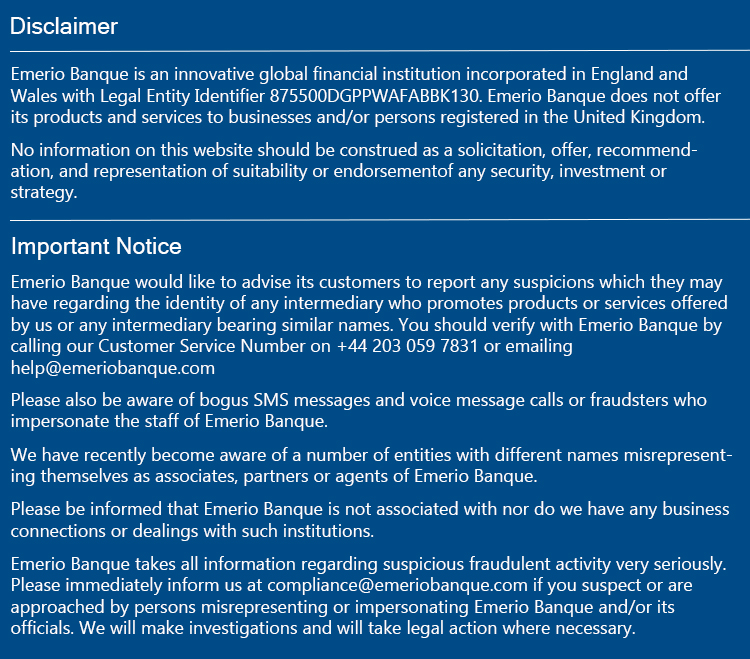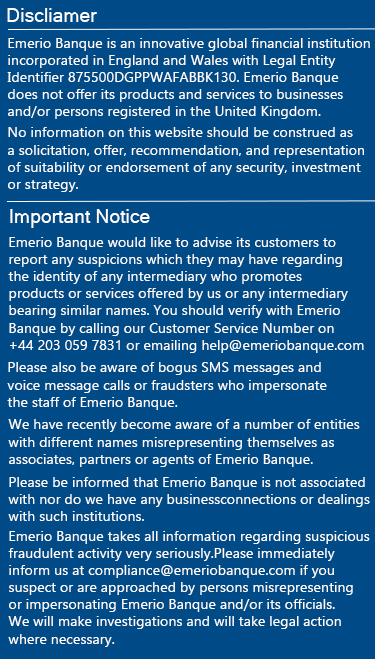Government Loan Schemes Found To Be Working Effectively
On 17th June, the HM treasury unveiled promising figures regarding the total value of the loans extended to the businesses stranded due to the COVID crisis. According to the released figure, £38.2 billion has been passed on through the banking and financial institution following the government loan scheme.
The three COVID-19 crisis loan schemes introduced by the government include the Bounce Bank Loans or BBL, Coronavirus Business Interruption Loan (CBIL), and the Coronavirus Large Business Interruption Loan Scheme (CLBILS).
Nearly, 98% of the SMEs applied for the first two forms of loan scheme-BBL, and CIBIL- got the facility approved after which a final decision was made. A survey report by the BVA BDRC, a global research consultancy firm, revealed that 8,60,000 businesses received loans through the BBL scheme. In its six weeks to the day when the report was released, on average, more than 1,40,00 loans were passed every week.
The entire valuation of loans sanctioned as of the report release date was around £26.3 billion. Interestingly, this loan amount of £2.6 billion was issued in the period between 11-16th June. Now, through the second loan scheme-CIBIL-nearly £10.1 billion has been sanctioned to 49,000 businesses in the U.K.
A preliminary analysis of the loan amount sanctioned through BBL and CBIL combined (£36.4 billion) shows the government's intent to safeguard the small and medium-sized companies. In the hindsight, without the financial backing of the government, chances of survival of SME firms from the economic onslaught of the COVID-19 was bleak.
To put this screaming fact into context, some startling data were revealed. Firstly, 58% of the business houses that received funding through the BBL and CBIL had only a cushion of three months with their cash reserves stretched out to the last penny. Also, nearly 78% of the firms that received loans were willing to invest their personal finances for their survival.
The last scheme for lending - the CLBILS (Coronavirus Large Business Interruption Loan Scheme) accounted for the last leg of the £38.2 billion loans by adding the final amount of £1.8billion. This form of the loan was granted to a total of 279 firms.
Related news: COVID-19 Crisis Poses Threat to Financial Stability
Both Stephen Pegge and Stephen Jones, holding important positions in the UK finance, came out with the disclaimer sentence while addressing the media. This somewhat-disclaimer was about reminding people to assess their repayment capability before applying for the loan, as it was a LOAN and not a GRANT.
Along with the government, there are several sections of the industry that are also coming up with a helping hand in the form of capital repayment deferrals, overdraft extensions, working capital extensions, and asset-based finance.
Other news
-
18.11.2020
US, China, And EU To Restructure Post Pandemic World Economy: Says Moody’s Analysis
-
17.11.2020
ADB And Seabank Partnered to Expand Trade Finance in Vietnam
-
10.11.2020
ITC Launch Trade Finance Guide For SME Importers And Exporters
-
06.11.2020
African Trade Finance Banks Urge MDBs To Take On Greater Levels Of Risk
-
04.11.2020
Russian Alfa-Bank Is The First Bank To Sign Contour International Trade Finance Network
-
02.11.2020
BIS Innovation Hub And The Hong Kong Monetary Authority Announce Techchallenge Winners
-
30.10.2020
Wipro To Buy Chennai Firm Encore Theme
-
28.10.2020
Report on Trade Finance Market - Global Market Key Players 2020 – Citigroup, BNP Paribas, ICBC, China Exim Bank - Analysis and Forecast to 2026
-
26.10.2020
ICICI Customers Can Now Execute Trade Finance Services Via Whatsapp
-
16.10.2020
Singapore Authorities Take A Major Step On Trade Finance Fraud By Eliminating Paper-based Transactions
Exchange Rates
- 21.11.2020
- Find out more



